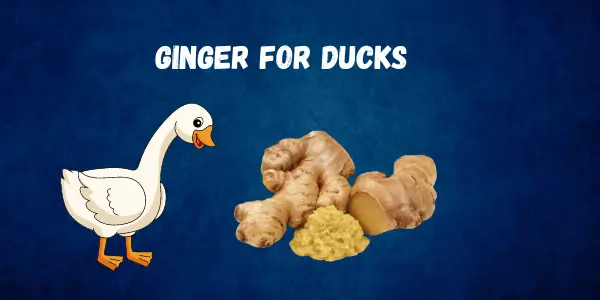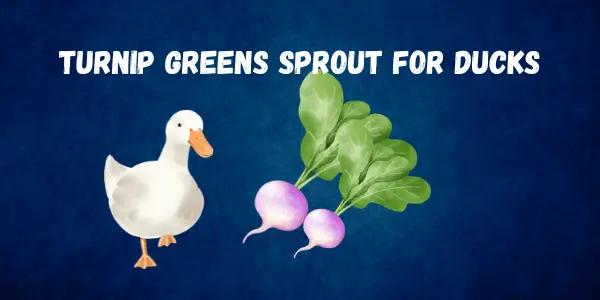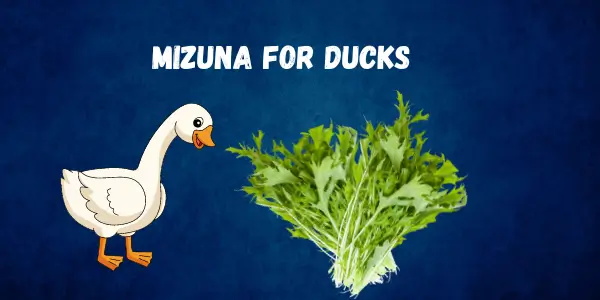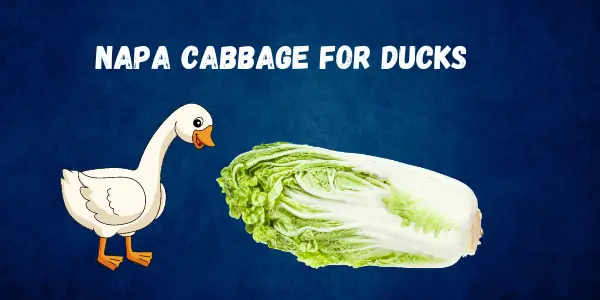The Answer May Surprise You Why Can Ducks Eat Beet Greens? Find Out Here
Published: 15 Sep 2024
Ducks can eat beet greens as part of a varied diet. These leafy greens provide essential nutrients, but they should be fed in moderation. While beet greens offer vitamins and minerals, they also contain oxalates, which may affect calcium absorption. Understanding their benefits and risks helps ensure a balanced diet for ducks.
Are Beet Greens Safe for Ducks to Eat?
Beet greens are generally safe for ducks when fed in small amounts. They are rich in vitamins and minerals, making them a nutritious addition to a duck’s diet.
However, their oxalate content can interfere with calcium absorption, which is essential for strong eggshells and healthy bones. Feeding beet greens in combination with other calcium-rich foods helps maintain a proper balance.

Nutritional Value of Beet Greens for Ducks
Beet greens provide key nutrients that contribute to a duck’s overall health. They contain vitamins A, C, and K, along with minerals such as iron and magnesium. These nutrients support immune function, bone health, and feather growth.
Vitamins and Minerals in Beet Greens
- Vitamin A supports vision and immune health.
- Vitamin C acts as an antioxidant, helping ducks combat stress.
- Vitamin K plays a role in blood clotting and bone health.
- Iron helps with oxygen transport in the bloodstream.
- Magnesium supports muscle and nerve function.
Despite these benefits, beet greens should be fed in moderation due to their oxalate content. Ducks need a diet with a variety of greens to prevent nutritional imbalances.
Potential Risks of Feeding Beet Greens to Ducks
| Potential Risks of Feeding Beet Greens to Ducks |
|---|
|
Though beet greens offer nutrients, they also present potential risks. High oxalate levels can impact calcium absorption, leading to weaker bones and eggshells in laying ducks. Overconsumption may result in digestive discomfort or nutrient imbalances. Can Ducks Eat Beet Greens Every Day?Feeding beet greens daily is not recommended. Ducks thrive on a balanced diet that includes grains, vegetables, and proteins. Occasional servings of beet greens, mixed with other greens, provide variety without causing health issues. Limiting beet greens to a few times per week helps prevent calcium deficiency. Oxalate Content and Calcium Absorption IssuesBeet greens contain oxalates, which can bind to calcium and reduce its absorption. Calcium is essential for bone strength and eggshell formation in ducks. If ducks consume too many oxalate-rich greens, they may develop soft shells or weaker bones. To counteract this, pairing beet greens with calcium sources like oyster shells or high-quality duck feed ensures better nutrient absorption. |
Can Ducks Eat Beet Leaves and Beet Tops?
Ducks can eat beet leaves and beet tops, but both contain oxalates. While they are not toxic, excessive feeding may lead to calcium deficiency over time. Offering beet greens alongside other leafy vegetables like lettuce or kale provides a more balanced nutrient intake.
Can Ducks Eat Beet Greens in the Winter?
Ducks can eat beet greens year-round, including in the winter. Fresh greens may be harder to find during colder months, but dried or frozen beet greens can be used as a supplement. When offering frozen greens, thaw them first to prevent digestive issues. In winter, ducks need additional energy, so beet greens should be paired with high-calorie foods like grains or corn.
How to Feed Beet Greens to Ducks
Feeding beet greens to ducks requires proper preparation to ensure safe consumption. Ducks prefer soft, easy-to-eat food, so chopping beet greens into small pieces helps prevent choking. Always wash the greens thoroughly to remove dirt, pesticides, or chemicals that may be harmful.
Raw vs. Cooked Beet Greens: Which is Better?
Ducks can eat both raw and cooked beet greens. Raw beet greens retain their full nutritional value, including vitamins and minerals, but also contain oxalates, which can interfere with calcium absorption. Cooking beet greens slightly reduces oxalate content, making them easier to digest. However, avoid seasoning or adding oils, as these can be harmful to ducks. Light steaming is the best method if cooking is preferred.
Serving Size and Frequency for a Balanced Diet
Beet greens should be fed in moderation as part of a diverse diet. A handful of chopped greens per duck, two to three times a week, is sufficient. They should not replace staple foods like duck feed, grains, and protein sources. Providing a mix of vegetables ensures ducks receive a variety of nutrients without overconsumption of oxalates.
Can Ducks Eat Beet Greens Alongside Other Foods?
Ducks benefit from eating a variety of foods, and beet greens can be included with other vegetables and grains. Mixing different greens and fiber-rich foods helps maintain digestive health and provides essential nutrients.
Mixing Beet Greens with Other Vegetables and Feed
Beet greens can be combined with lettuce, kale, or carrot tops to add variety. Mixing them with duck feed ensures balanced nutrition, preventing ducks from consuming too much of one type of food. Avoid pairing them with other high-oxalate vegetables like spinach, as excessive oxalates can interfere with calcium absorption.
Conclusion: Should You Feed Beet Greens to Your Ducks?
Beet greens can be a nutritious part of a duck’s diet when fed in moderation. They provide essential vitamins and minerals but also contain oxalates, which can affect calcium absorption. To avoid health issues, feed beet greens in small amounts, mix them with other vegetables, and pair them with calcium-rich foods. A balanced diet with grains, proteins, and fresh water ensures ducks remain healthy.

- Be Respectful
- Stay Relevant
- Stay Positive
- True Feedback
- Encourage Discussion
- Avoid Spamming
- No Fake News
- Don't Copy-Paste
- No Personal Attacks

- Be Respectful
- Stay Relevant
- Stay Positive
- True Feedback
- Encourage Discussion
- Avoid Spamming
- No Fake News
- Don't Copy-Paste
- No Personal Attacks





